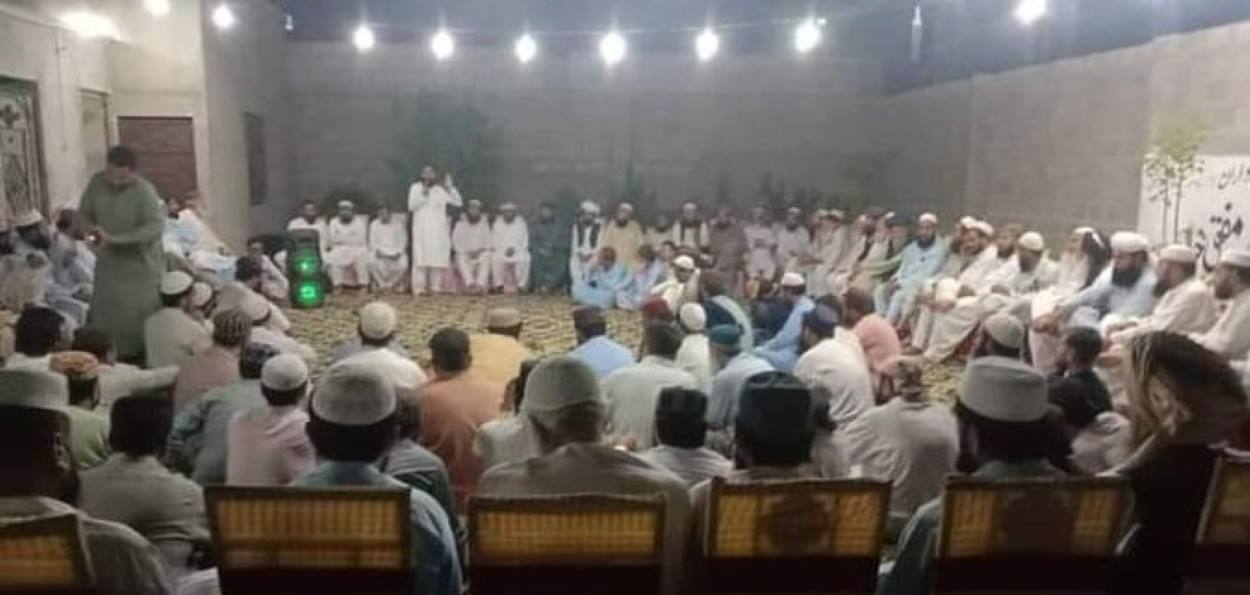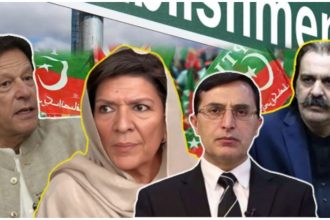To address the escalating issue of street crimes in Karachi, the Mehsud tribe has taken a drastic stance; a grand jirga of the Mehsud tribe in Karachi resolved that any member involved in the robbery or related criminal activities, if apprehended or killed, will be disowned by the tribe and denied funeral rites.
The form of social ostracization, equivalent to a symbolic death, underscores the severity of the tribe’s approach to curbing crime.
Parallel to tribal actions, the Sindh government has initiated several steps to tackle the issue. Amid rising street crimes, Karachi’s Police Chief was replaced just 15 days following the appointment of Additional IG Karachi, Imran Yaqoob, reflecting ongoing administrative adjustments under the continuous governance of the PPP.
Interior Minister of Sindh, Zia ul Hassan Lanjar, addressed concerns about police inactivity, asserting that the police force is actively combating crime, particularly in the challenging Kacha areas. His comments responded to MQM’s critiques of the local security situation. Lanjar acknowledged the distress of victims’ families and affirmed the government’s commitment to daily efforts to dismantle criminal networks. He also noted a 25% improvement in the security landscape, with further enhancements anticipated.
Additionally, DIG Sukkur elaborated on the operational challenges faced by the police in maintaining a sustained presence in the flood-prone Kacha regions. He chaired a meeting to reinforce peace in the Kacha areas of Sukkur and Khairpur.
In a show of commitment to justice, he met with the families of Priya Kumari and the late journalist Jan Muhammad Mehr, assuring them of the government’s determination to apprehend those responsible for their cases. These discussions highlight the multifaceted approach to addressing and mitigating street crimes in Karachi and surrounding areas.






